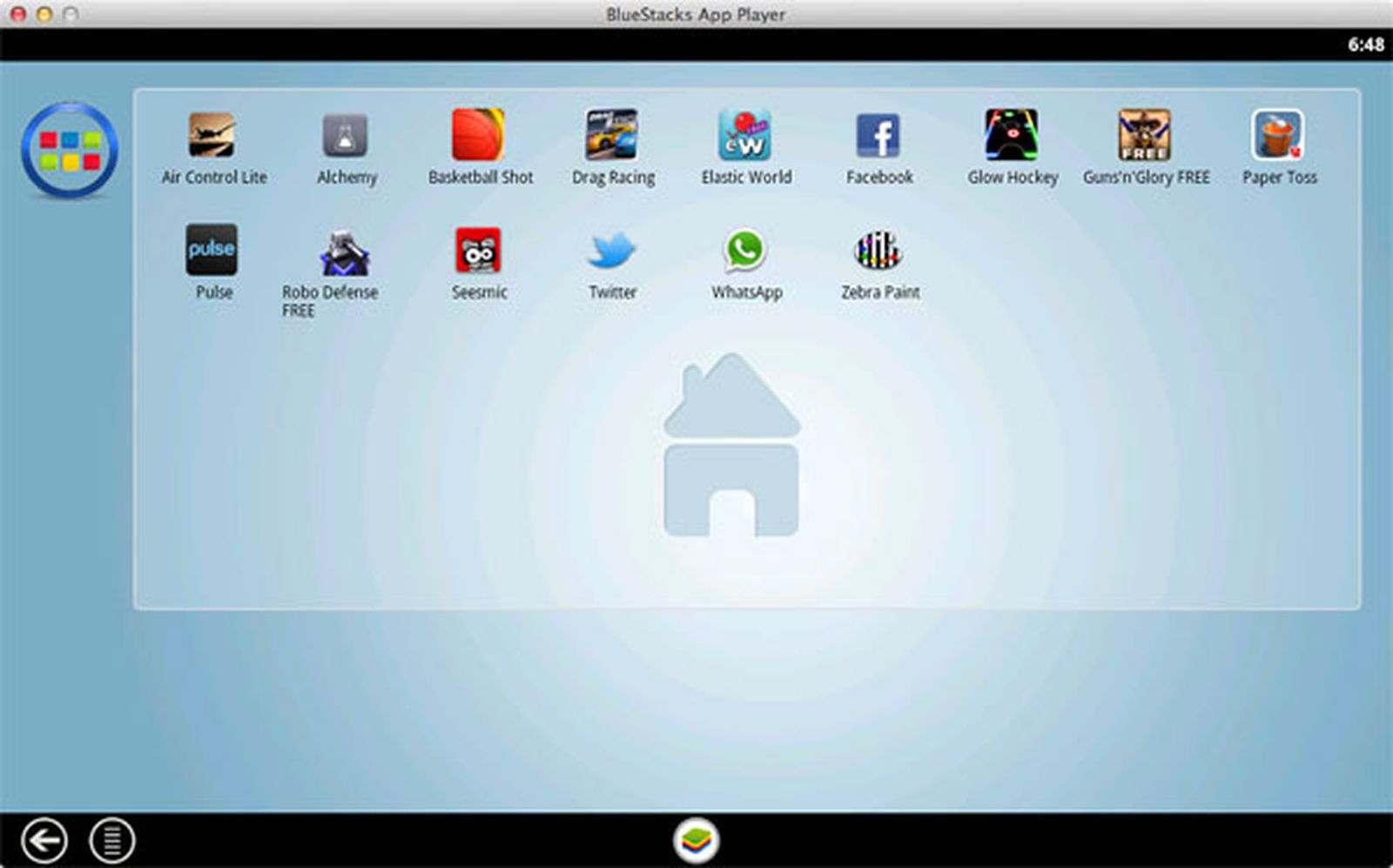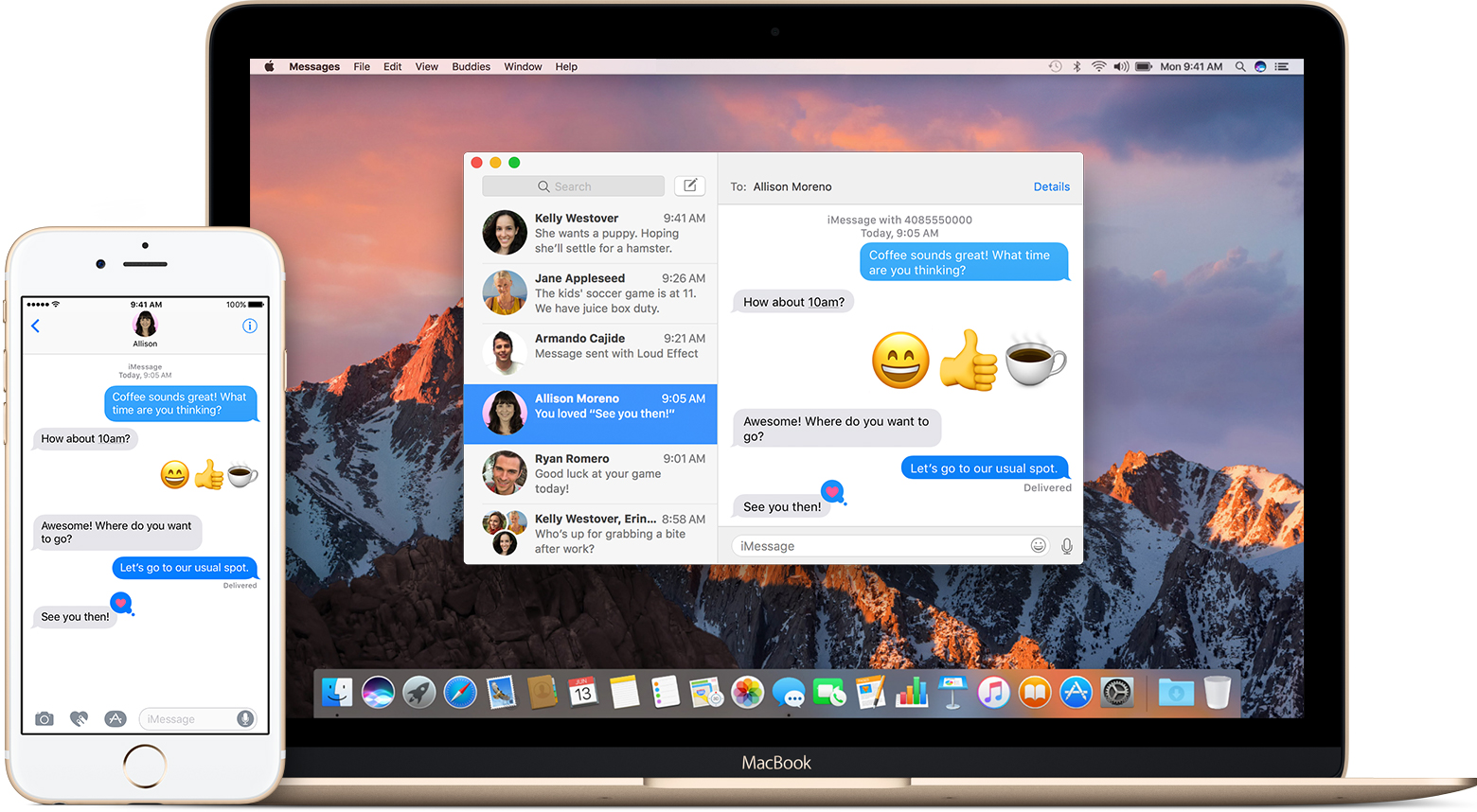

Set up a space in your home dedicated to work, ( keep it decluttered) and use it. Therefore, when you’re ready to work, you’ll probably want to engage in typical routines that you would do before going into the office, like taking a shower and changing your clothes. While it can be tempting to stay in bed and work in your pajamas, you might find that you have more success if you put some boundaries in place to differentiate work time from personal time. Create Routines to Differentiate Work Time from Personal Time In particular, if you have a manager who has concerns that working from home results in less productivity, it will be especially important to keep in touch. For some topics, a quick call will be more efficient than continually going back and forth. And, don’t feel that all communication needs to be done via email.

On the flipside, for your colleagues, it can also become an “out of sight, out of mind” situation, in which they might not be checking in adequately with you. Therefore, you’ll need to be intentional about keeping others abreast of what you’re doing. When you’re at home, instead of walking down the hall to catch up with your co-workers, you might stay heads down in work, and forget to communicate. When individuals are working remotely, it can become even more difficult. In my experience, communication can be challenging in organizations, regardless of the working arrangements. However, this flexibility can come at a cost, with numerous opportunities for distraction, such as social media, family members, and even internal distractions such as a desire to procrastinate. To manage against this, make sure to set a schedule to determine in advance when you will work, and what you will be working on at any given time Further, to help you to stay on task, you might consider using an app such as RescueTime that can help you stay on schedule by tracking time on different websites and apps so that you’ll get real-time feedback on how you are spending your time. As long as you’re not on calls, you can schedule your time to be productive around your natural rhythms. Working from home can be wonderful for flexibility.
SMARTBREAK LIKE APPS ON MAC HOW TO
Given the information outlined above, remote work can be very productive, but can also pose some challenges. If you’re working at home during this time, here are some helpful tips on how to stay on track and get everything done: Set a Schedule and Hold Yourself Accountable to it This can create gaps in communication that can slow down the rate of work that requires interdependency.ĭuring this COVID-19 pandemic, a lot of organizations are conducting a real-life experiment as more and more people are being told to work from home. Despite the technology that exists that enables us to communicate with one another via videoconferencing, email, and the phone, we don’t always use them. As this article from the Atlantic outlines, working from home can also make collaborations less efficient. For instance, one survey found that people who work from home tend to be more disengaged and are more likely to quit. On the other hand, there are some potential drawbacks to working from home. The lead author, Nicholas Bloom, argues that “ requiring employees to be in the office is an outdated work tradition, set up during the Industrial Revolution.” For example, Prithwiraj Choudhury , an associate professor at the Harvard Business School, found in his research that having employees working remotely can, “increase employee productivity, reduce turnover, and lower organizational costs.” In his research, which was conducted across 24 months with the US Patent and Trademark Office (USPTO), he found a 4.4% increase in productivity when employees were able to work from the location of their choice.Īnother study out of the Stanford Graduate School of Business found a 13% improvement in performance associated with working from home.

Research presents a bit of a mixed bag in terms of the outcomes associated with remote work. They appreciate the flexibility it affords them, and they love the ability to work uninterrupted by colleagues (not to mention the lack of commute). While some employers see it as a beneficial policy that boosts employee engagement and saves office space, others see it as detrimental, in that it detracts from teamwork and may encourage slacking off.

As a consultant to different organizations, I hear a lot of perspectives about the practice of working from home.


 0 kommentar(er)
0 kommentar(er)
